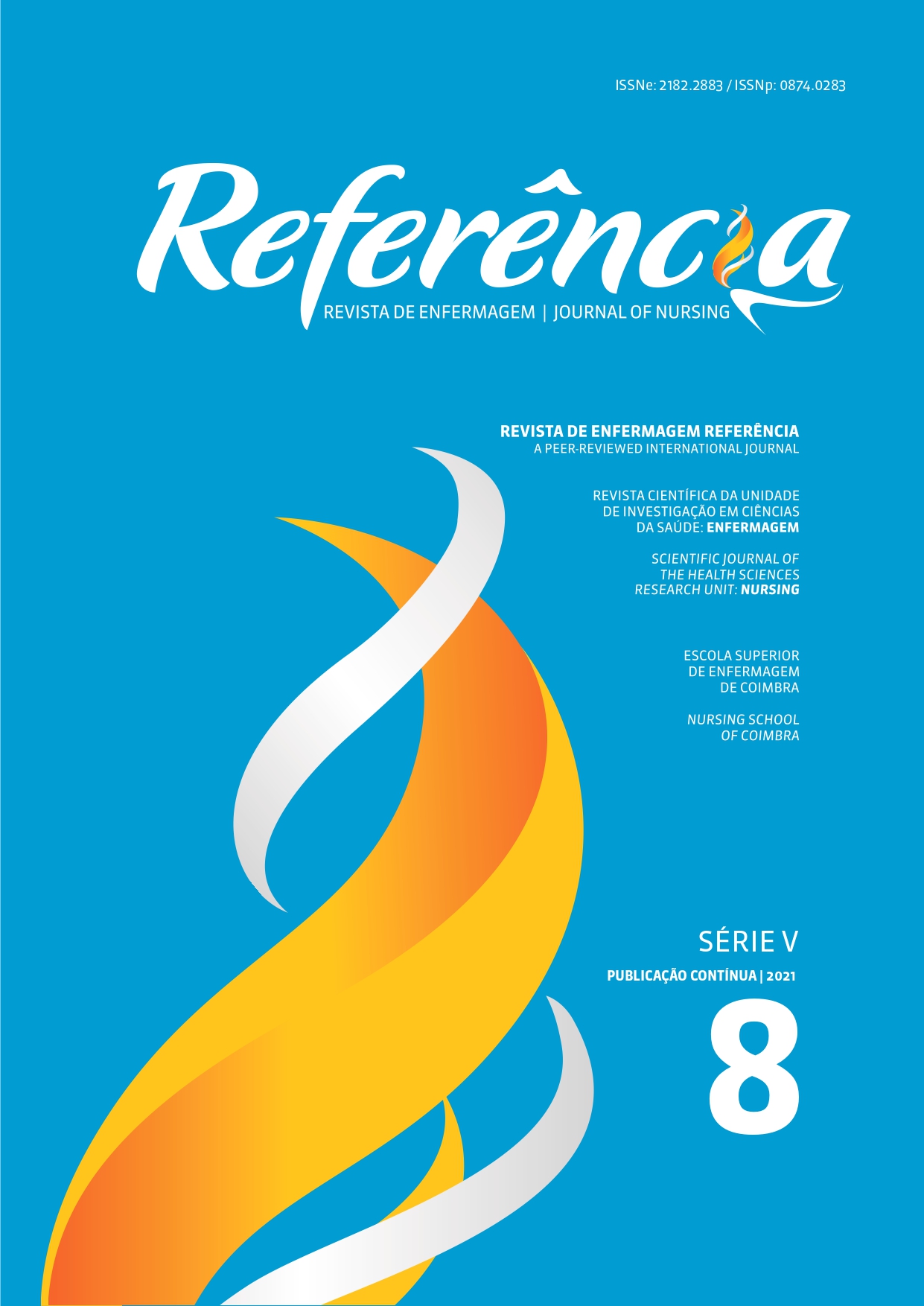Intervention programs for children, adolescents, and parents experiencing parental cancer: A Scoping review protocol
DOI:
https://doi.org/10.12707/RV20175Keywords:
parental cancer, intervention, children, adolescents, nursingAbstract
Background: Parental cancer affects children, adolescents, and the family unit. The implementation of intervention programs leads to the development of parental skills and positive outcomes for children in terms of understanding their parents’ cancer, developing coping mechanisms, improving parent-child communication and relationships, and empowering the family to cope with cancer.
Objective: To map the available intervention programs for children, adolescents, and parents experiencing parental cancer (patients with cancer).
Review method: Scoping review methodology proposed by the Joanna Briggs Institute. The process of data analysis, extraction, and synthesis will be performed by independent reviewers.
Presentation and interpretation of results: Mapping the programs will allow identifying the interventions developed by health professionals for children, adolescents, and parents experiencing parental cancer.
Conclusion: The review resulting from this protocol will allow selecting the best interventions for designing a nursing intervention program for adolescents and parents experiencing parental cancer.
Downloads
References
Alexander, E., O´Connor, M., Ress, C., & Halkett, G. (2019). A systematic review of the current interventions available to support children living with parental cancer. Patient Education and Counseling, 102(10), 1812-1821. https://doi.org/10.1016/j.pec.2019.05.001
Arber, A., & Odelius, A. (2017). Experiences of oncology and palliative care nurses when supporting parents who have cancer and dependent children. Cancer Nursing, 41(3), 1-7. http://doi.org/10.1097/NCC.0000000000000491
Barbosa, P. R. (2015). Adaptação da família com crianças/adolescentes ao diagnóstico de cancro parental [Dissertação de mestrado]. Instituto de Ciências Biomédicas Abel Salazar da Universidade do Porto. https://repositorioaberto.up.pt/bitstream/10216/90624/2/172184.pdf
Ellis, S. J., Wakefield, C. E., Antill, G., Burns, M., & Patterson, P. (2016). Supporting children facing a parent´s cancer diagnosis: A systematic review of children´s psychosocial needs and existing interventions. European Journal of Cancer Care, 26(1), 1-22. https://doi.org/10.1111/ecc.12432
Figueiredo, M. H., & Martins, M. M. (2010). Avaliaç.o familia: Do modelo Calgary de avaliaç.o da família aos focos da prática de enfermagem. Ciência Cuidado e Saúde, 9(3), 552-559. https://doi.org/10.4025/cienccuidsaude.v9i3.12559
Hauken, M. A., Dyregrov, K., & Senneseth, M. (2019). Characteristics of the social networks of families living with parental cancer and support provided. Journal of Clinical Nursing, 28(15-16), 3021-3032. https://europepmc.org/article/med/30941831
Inhestern, L., Haller, A.-C., Wlodarczyk, O., & Bergelt, C. (2016). Psychosocial interventions for families with parental cancer and barriers and facilitators to implementation and use: A systematic review. PloS One, 11(6), 1-20. https://doi.org/10.1371/journal.pone.0156967
O´Neill, C., O´Neill, C. S., & Semple, C. (2019). Children navigating parental cancer: Outcomes of a psychosocial intervention. Comprehensive Child and Adolescent Nursing, 43(2), 111-127. https://doi.org/10.1080/24694193.2019.1582727
Organisation for Economic Co-operation and Development. (2019). Health at a glance 2019: OECD indicators. https://doi.org/10.1787/4dd50c09-en
Organização Mundial da Saúde. (2018). Agência internacional para a investigação do cancro. https://www.who.int/ionizing_radiation/research/iarc/en/
Peters M. D. J., Godfrey, C., McInerney, P., Munn, Z., Tricco, A. C., & Khalil, H. (2020). Scoping reviews. In E. Aromataris & Z. Munn (Eds.), JBI reviewer’s manual (Chap. 11). The Joanna Briggs Institute. https://wiki.jbi.global/display/MANUAL/Chapter+11%3A+Scoping+reviews
Philips, F., & Prezio, E. (2016). Wonders & worries: Evaluation of a child centered psychosocial intervention for families who have a parent/primary caregiver with cancer. Psycho-Oncology, 26(7), 1006-1012. https://doi.org/10.1002/pon.4120
Su, Y-H., & Ryan-Wenger, N. (2007). Children´s adjustment to parental cancer: A theoretical model development. Cancer Nursing, 30(5) 362-381. https://doi.org/10.1097/01.NCC.0000290817.37442.e6
Tricco, A., Lillie, E., Zarin, W., O’Brien, K., Colquhoun, H., Levac, D., Moher, D., Peters, M. D., Horsley, T., Weeks, L., Hempel, S., Akl, E. A., Chang, C., McGowan, J., Stewart, L., Hartling, L., Aldcroft, A., Wilson, M. G., Garritty, C., … Straus, S. E. (2018). PRISMA extension for scoping reviews: Checklist and explanation. Annals Of Internal Medicine, 169(7), 467-473. https://doi.org/10.7326/M18-0850
Visser, A., Huizinga, G. A., Graaf., W. T., Hoekstra, H. J., & Hoekstra-Weebers, J. E (2004). The impact of parental cancer on children and the family: A review of the literature. Cancer Treatment Reviews, 30(6), 683-694. https://doi.org/10.1016/j.ctrv.2004.06.001






